Hunting With Suppressors
Remaining unnoticed by your prey is the obvious key to success in hunting. While advances in technology for hunting products have made astounding leaps forward in helping hunters to go unnoticed while hunting, once a rifle is fired, the quiet morning is shattered by the report. As our sport loses members to video games, state wildlife agencies regulating hunting are becoming more and more accepting of different devices used in hunting. One of the neatest additions is the allowance of suppressors to hunt game. The State of Texas recently passed a law legalizing the use of suppressors to hunt wild game based on their many advantages.
Hearing protection is one of the main advantages as all firearms can cause permanent damage to unprotected hearing. Large caliber rifles are often fitted with a muzzle brake, making them considerably louder. Suppressors are the best form of muzzle break. They increase weight at the end of the barrel resulting in reduced recoil or “kick” and movement during the shot due to excitement. From the reduced recoil comes increased confidence and comfort with shooting resulting in better shots. Hunters remain confident and make better, more ethical shots. Fear of the recoil and loud noise of a rifle causes jerking the trigger, pulling the head away from the gun, or closing their eyes causing poor shooting technique. While a suppressor adds length and weight to a firearm, the rewards are incredible.
Understanding how suppressors work is actually very simple, they work on physics. A great way to understand how they work requires two balloons. Fill both of them up with air and tie them. Pop the first one with your hunting knife. Pretty loud, huh? Take the second balloon and grip it below the knot to pinch off the air so that you could control the air flow if the knot was not there. Now, cut the knot off and release the balloon. What’s happening is that the air is released into the atmosphere at a slower rate thus creating less noise.
Most folks have never heard a gun fired with a suppressor so, you shouldn’t believe the movies. They’re suppressors, not silencers. When movie stars shoot suppressed firearms making only minimal noise, I’m sorry but you won’t be recreating the same effect. While very quiet shots are possible with specially made ammunition, regular hunting ammunition will not produce these results. Hunting ammunition travels faster than the speed of sound causing a supersonic “crack” much like the supersonic boom with airplanes. Additionally, even small caliber rifle ammunition will result in more blast than a suppressor can completely silence. The normal hunting season weekend mornings of dozens of shots ringing out will never cease, but maybe that number will be muffled this year and in years to come.
A large portion of Americans think that suppressors or “silencers” are illegal to own in the US and only belong on the guns of bad guys trying to kill people in the streets of the big city. This misconception is so far from the truth, it’s sad. To properly obtain a suppressor, visit your local class III dealer and they will set you up and walk you through the paperwork. Suppressors range in price considerably but are not a cheap investment you can expect to spend over $600. A $200 to the National Firearms Act branch of the Bureau of Alcohol Tobacco Firearms and Explosives for a stamp to do your background check will increase your cost as well. The time that it takes for a background check to be completed varies, but plan on waiting about 6 months. There are a couple of things to consider when purchasing a suppressor. The most important is caliber. What gun(s) would you like to use the suppressor on? You can always shoot smaller bullets through a larger hole. I personally recommend .30 caliber suppressors simply because they can be used on smaller calibers. The second most important is whether or not you want a quick-detach or regular threaded suppressor. Quick-detach allows suppressors to be easily removed from the adapter while the adapter continues to protect the threads on your barrel. Beyond these two choices, most suppressors are about the same. Construction materials and baffle designs differ, it’s hard to spend twice the money for a small amount of difference.
Again, remember that suppressors aren’t going to completely silence your shots but they will cut down on the blast that causes so much hearing loss. So, if you want to make more confident, more precise shots all while protecting your hearing, head down to your local class III dealer and check out the many options and astounding effects that a suppressor can have on your hunting and your enjoyment of the shooting sports!
Posted by Cody Zabransky
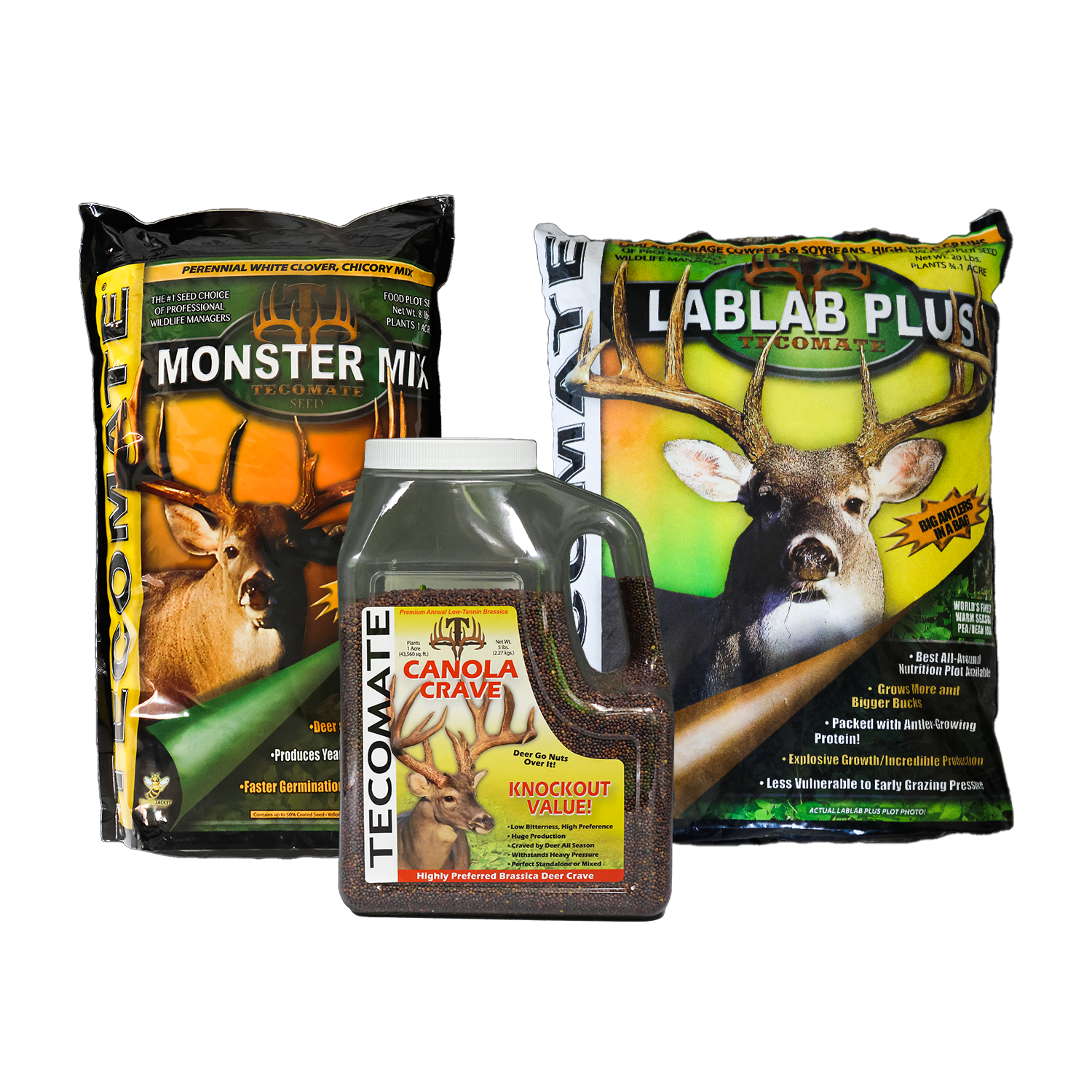
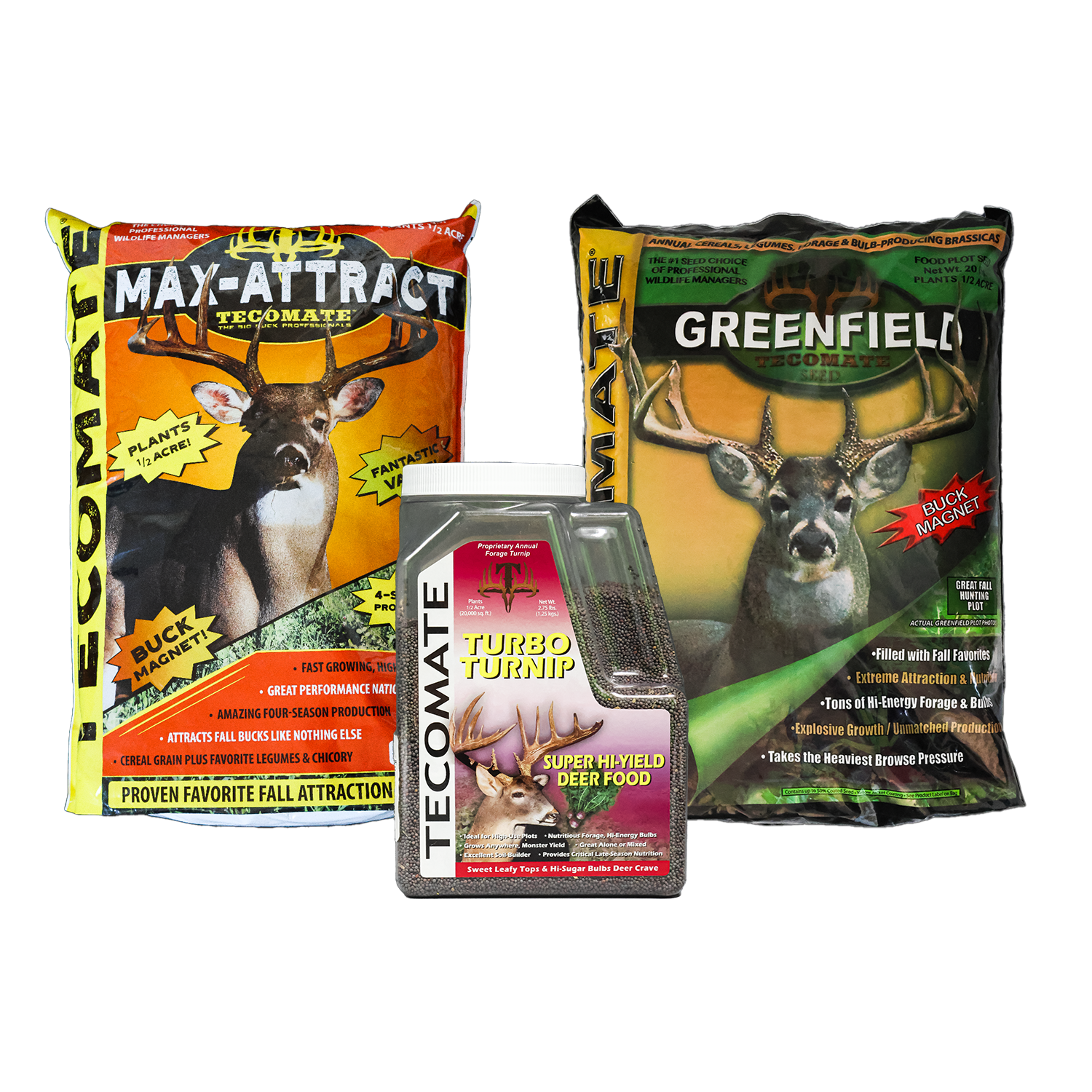
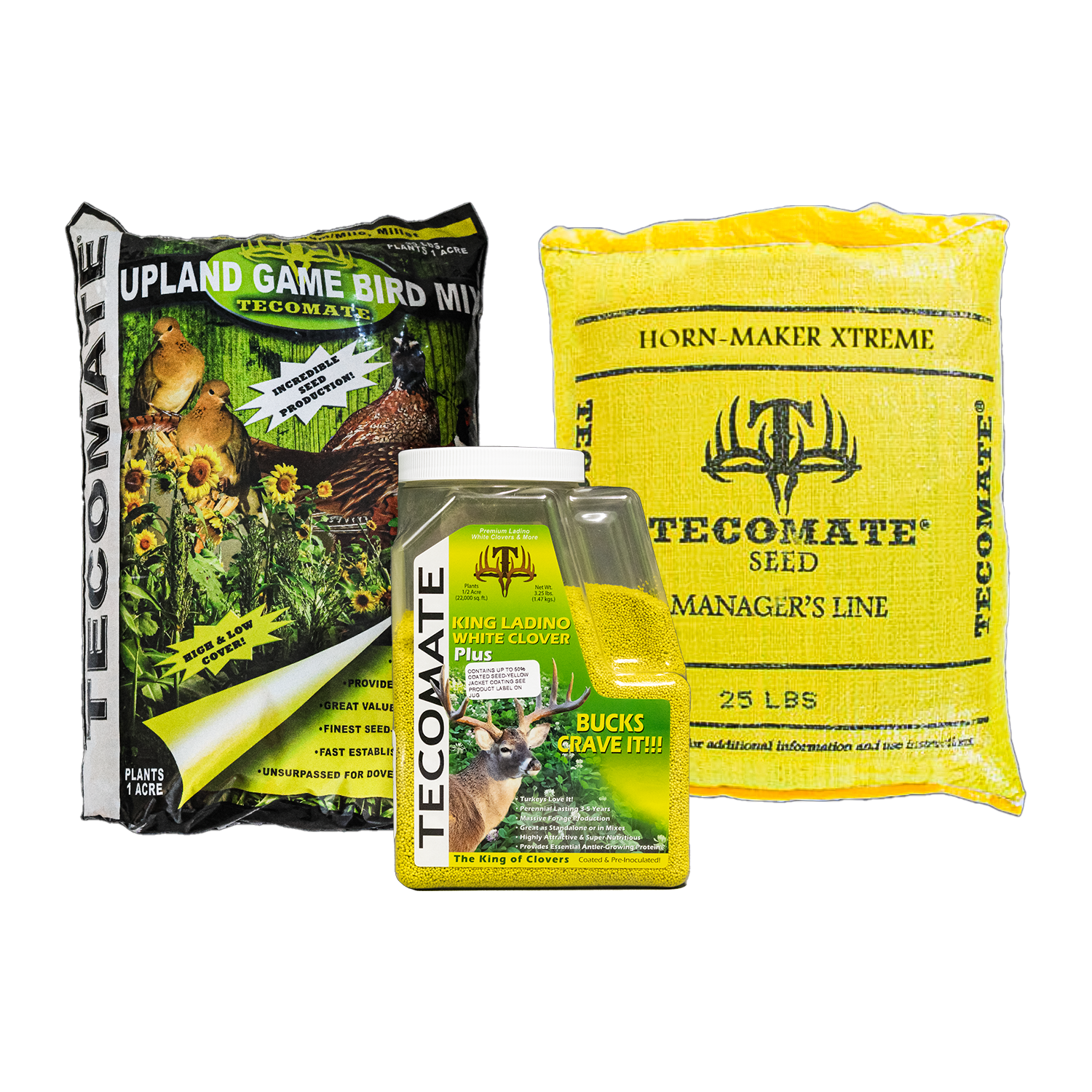
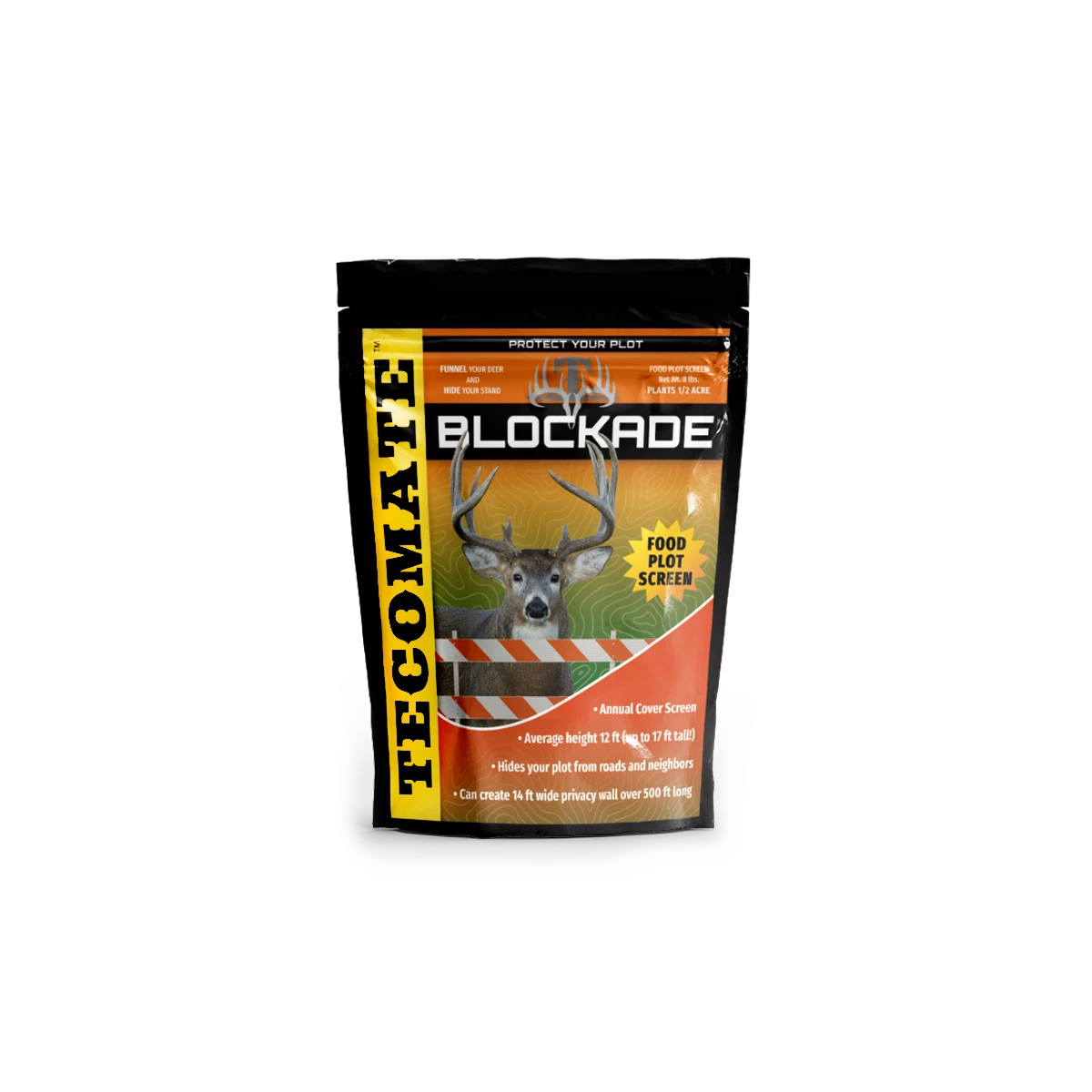
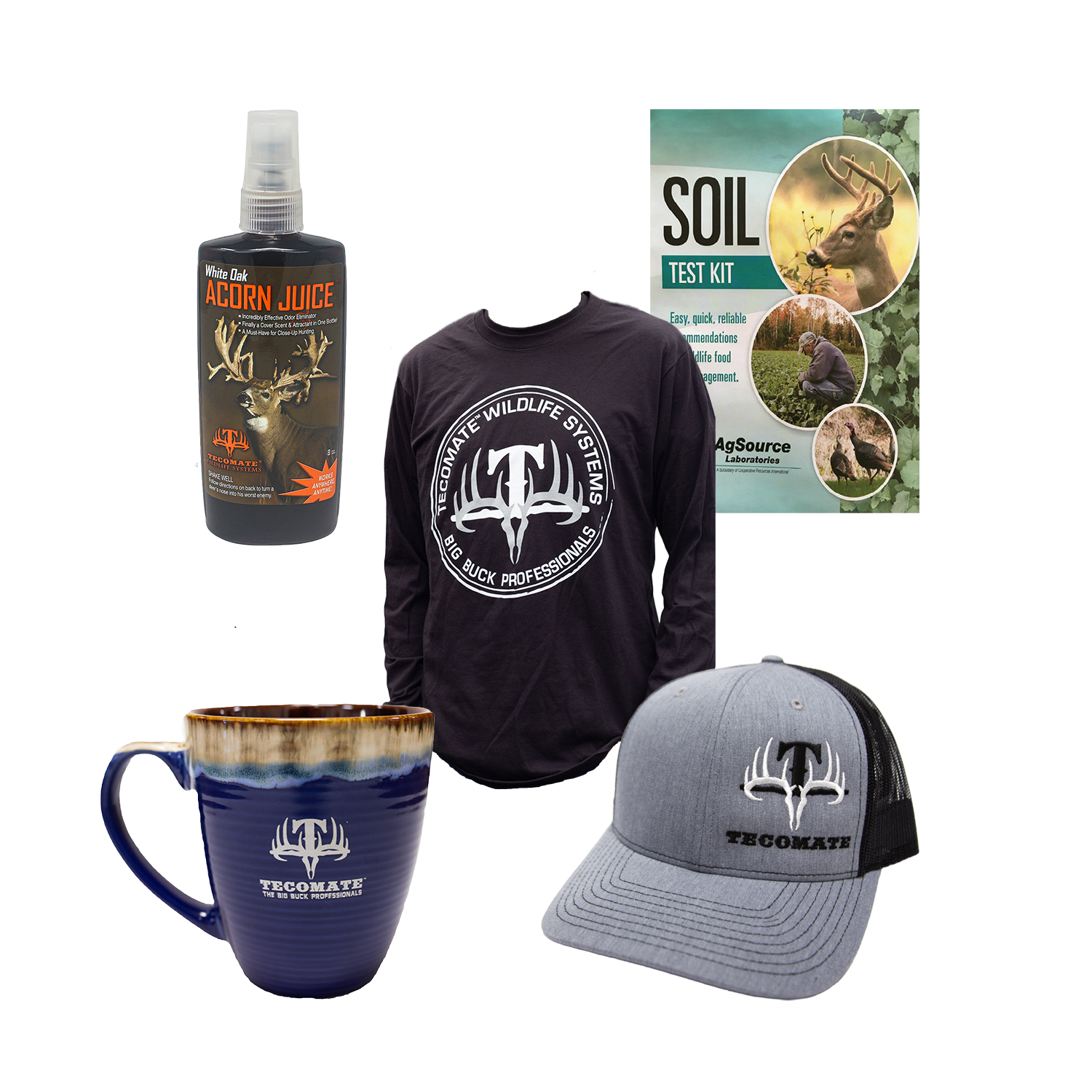


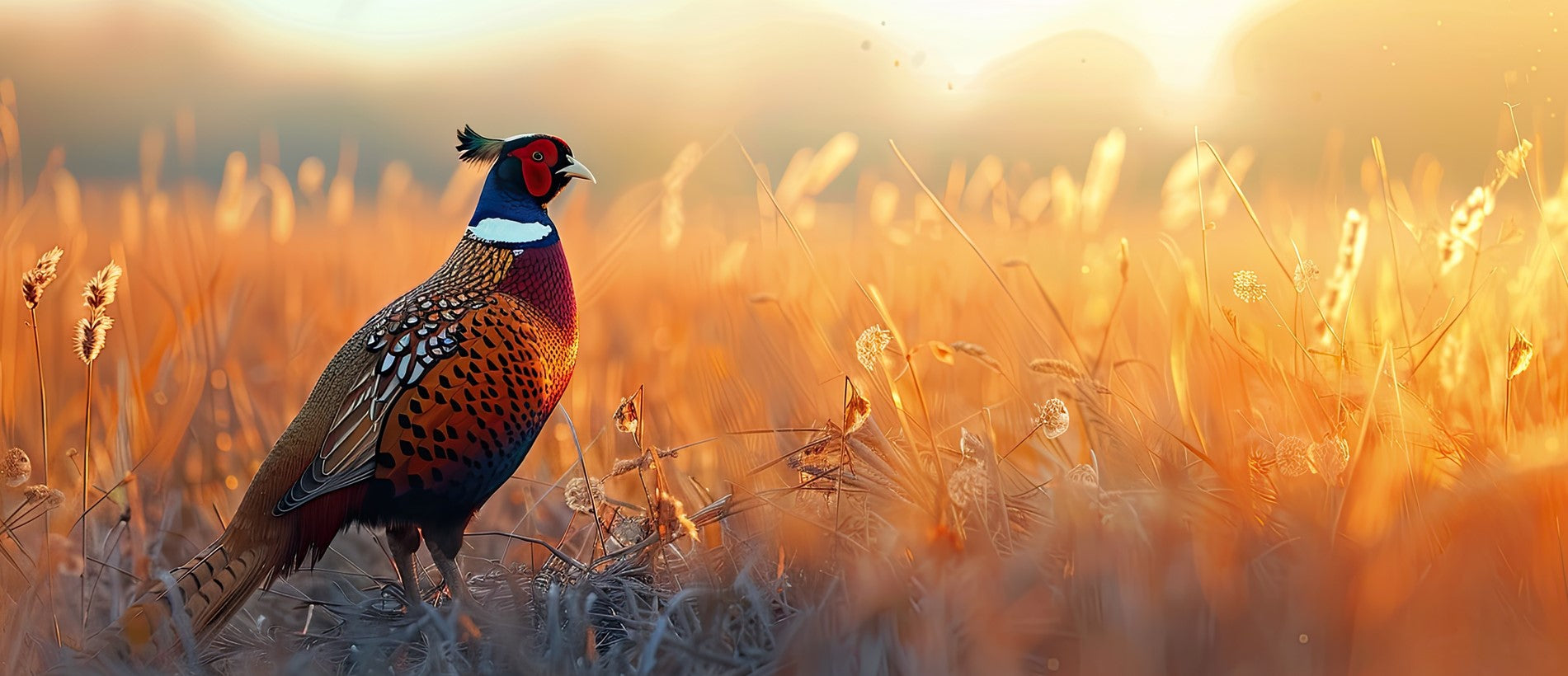
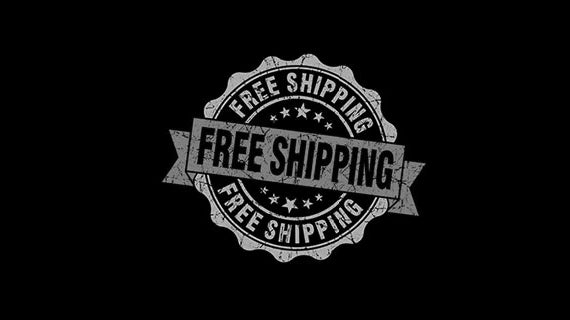
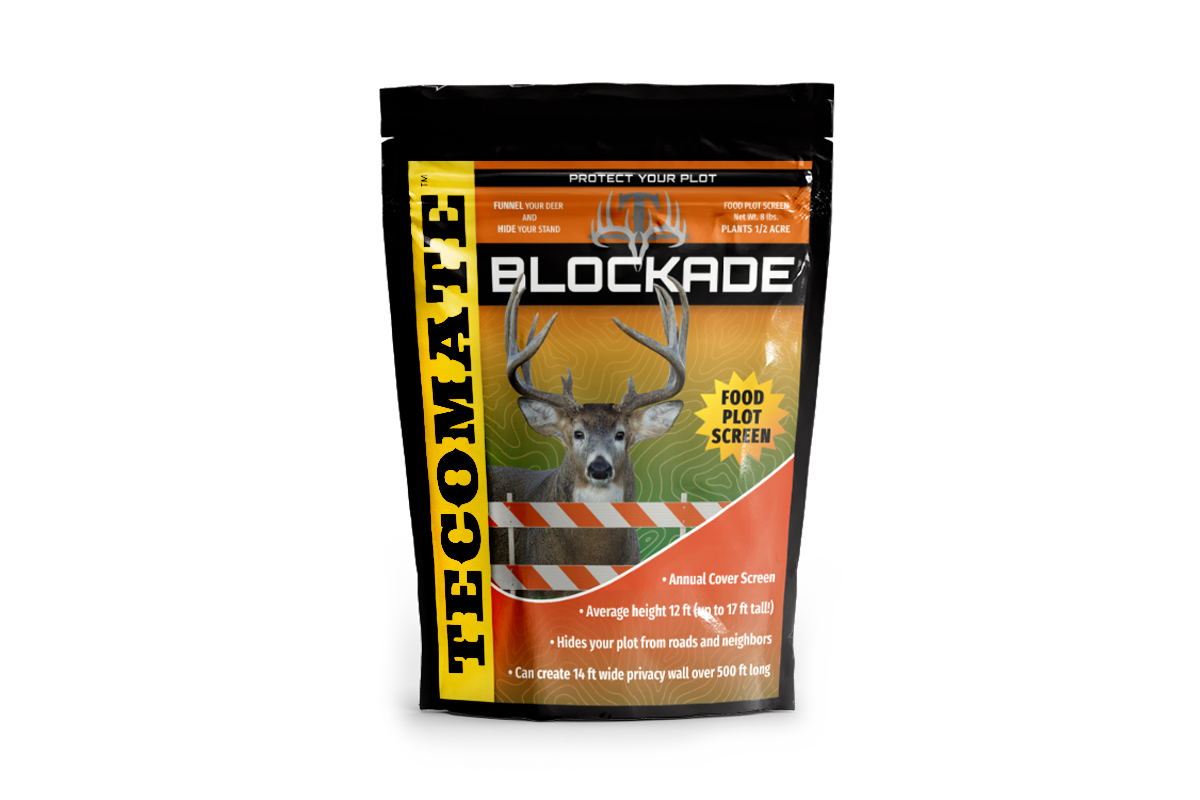
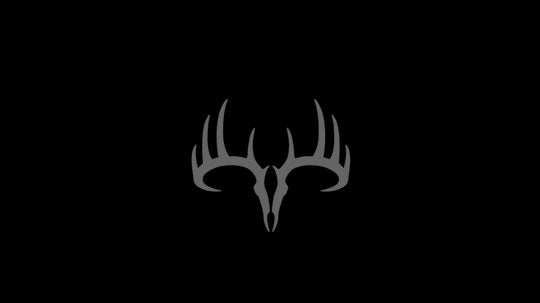
Leave a comment